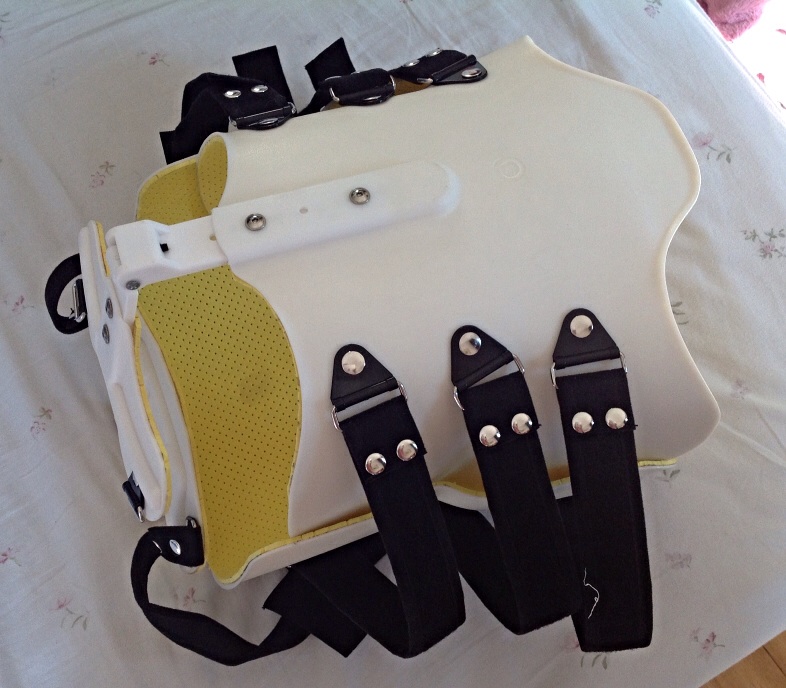The title to this post is a gross oversimplification meant to prove a point or, more accurately, disprove a myth. I cannot tell you how many times I’ve had companies swoon over the idea of spending big money to secure a patent and pooh-pooh my suggestion to spend small money to secure a trademark. These companies don’t really get it.
Let me explain.
- Patents are virtually always expensive to get and virtually always expensive to protect.
- Trademarks are virtually always inexpensive to get and usually inexpensive to protect.
Let me further explain, first with patents:
1. Securing a patent (other than a design patent) typically costs three to four times what it costs to secure a trademark. This is true in China, the United States, Europe, Canada, Mexico, and wherever.
2. If you believe someone is violating your patent and you send them a cease and desist letter to get them to stop, there is a good chance they will deny any violation. And after you explain to them why there is a violation, there is a good chance they will explain to you why you are wrong. If their orthopedic device is exactly like yours, but for some relatively unimportant button somewhere, they will claim that relatively unimportant button is actually important and it means they are not violating your patent.
3. If you go to the e-commerce sites on which they are selling the orthopedic device that almost certainly violates your patent and you ask that e-commerce site to take down the infringing product, the odds are good that site will tell you that they are not patent lawyers and you will need a court order or a judgment for them to take it down. This is generally true of all the leading e-commerce sites around the world.
4. The above means that if you want to stop your competitor from selling what you see as the infringing orthopedic device you must sue and you likely will need to hire an expensive expert to prove the patent infringement. Few things in life cost more than patent litigation, and since my law firm does patent litigation, I know whereof I speak on this.
Trademarks are simpler and cheaper:
1. Securing a trademark typically costs 1/3 to 1/4 less to secure than a patent. This is true pretty much everywhere.
2. If you believe someone is violating your trademark and you send them a cease and desist letter to get them to stop, there is a decent chance they will stop, especially if they are not in the counterfeiting business. If I brand my orthopedic devices “The Harris Special Orthopedic Device” and secure trademarks for that name and someone else uses that same name, they are going to have a tough time claiming they are not violating my trademarks — assuming I have the registered trademark for the relevant class in the relevant countries.
3. If you go to the e-commerce sites and request the product that is violating your trademark be taken down (and it is in fact violating your registered trademark), there is a good chance it will be taken down. This is generally true of the leading e-commerce sites around the world. Take the “Harris Special Orthopedic Device” as the example. It does NOT take a lawyer to know that if I have the registered trademark in China and the United States for “Harris Special Orthopedic Device” (in the right class), anyone else selling “Harris Special Orthopedic Device” in China or the United States (that did not come from me) is violating my trademark. My law firm’s success rate in taking down offending trademarks is about 100 percent
4. Should you choose to sue for a trademark violation, proving the trademark violation is often relatively easy.
And to grossly generalize, patent protections in most of Asia and Latin America tends not to be as strong as in either the United States or Europe. Whereas the trademark protections in these regions tends to be surprisingly strong.
Your thoughts?

























